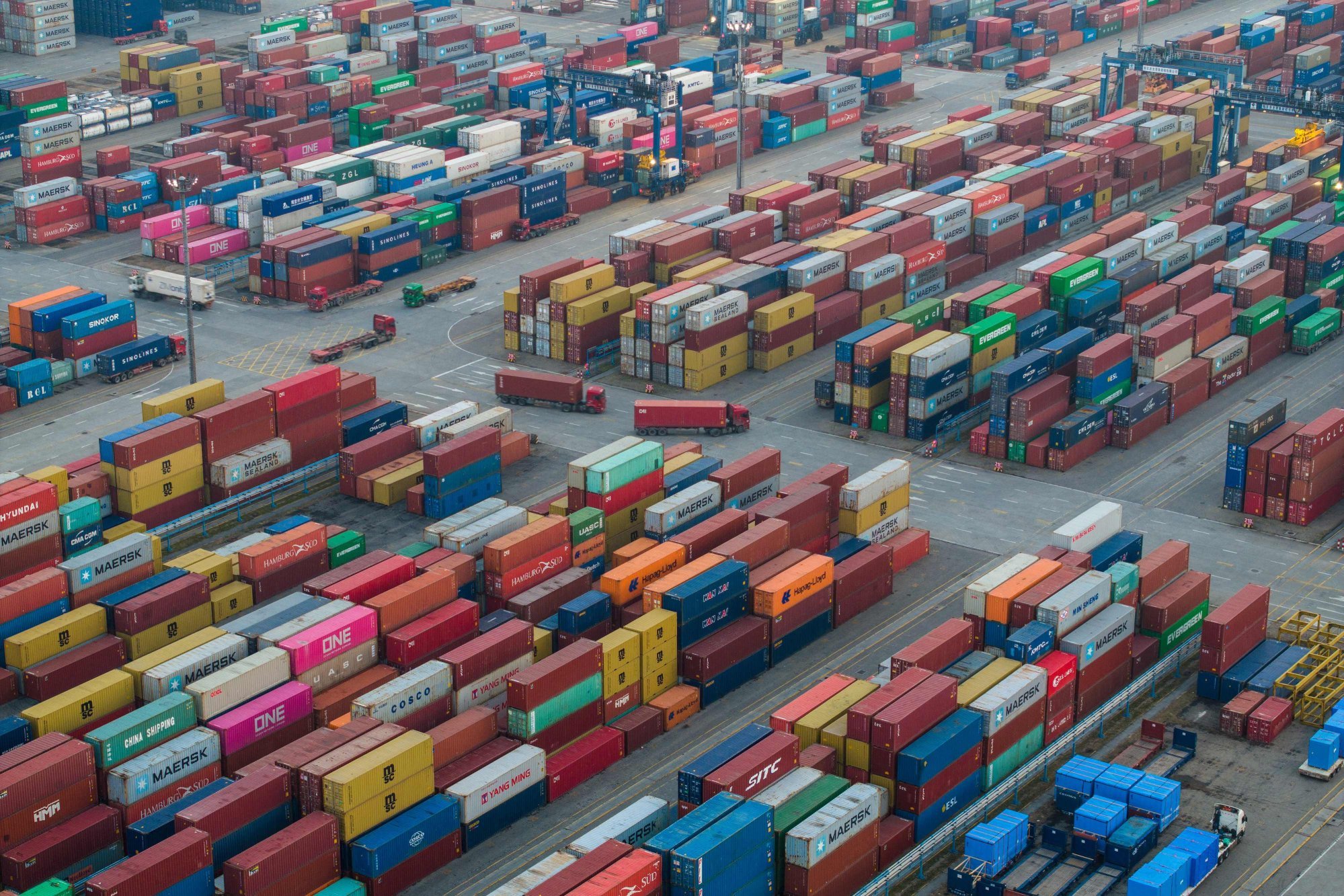
China should look to Africa to counter overcapacity claims from the West, Africa Finance Corporation chief says
- Samaila Zubairu, head of the development bank, says China should not see the continent as just a source of raw materials
- He says diversifying the supply chain could help to tackle concerns over manufacturing overcapacity and carbon emissions
“Most of the [new energy] supply chain is in China. What we want China to do … is to look at Africa as a way of diversifying the supply chain because Africa has minerals and metals to support this,” Zubairu said during an interview in Doha.
“Africa also has renewable energy sources, so the processing of these materials should have been in Africa.”
Zubairu said a bigger shift towards Africa could help to tackle concerns, particularly from Europe, about China’s manufacturing overcapacity and carbon emissions.
“We’re seeing the African market exists not just for Africa, but for the rest of the world,” he said.
“Because if you process in Africa, you can use [Africa’s] renewable energy to process, and you will have a lower carbon footprint. You can also export from Africa to Europe.”
In Africa, an increasing number Chinese new energy products have been entering the market. Imports of new energy cars were up by 291 per cent in 2023 from the previous year, lithium battery imports grew 109 per cent, and photovoltaic products from China were up by 57 per cent.
But China’s imports from Africa are still mostly raw materials such as crude oil, copper, cobalt and iron ore, which together made up more than half of the total imports in 2022. And while China’s imports from Africa continued to rise that year, its trade surplus with the continent amounted to nearly US$47 billion.
China is investing more in new energy manufacturing, mostly electric vehicles, in wealthier nations on the continent such as Egypt, Morocco and South Africa. But most Chinese investment still goes to the traditional building materials, mining and construction sectors.

China’s outbound foreign direct investment in the electric vehicle sector – a key area for overcapacity concerns – is expected to reach a record high for 2023, with more than half of that investment in Europe, the Middle East and North Africa, and Asia, according to consultancy firm Rhodium Group.
More investment tends to go to North Africa because of the region’s proximity to Europe and America.
Sub-Saharan Africa tends to miss out on investment from China because of the relatively low capacity of its manufacturing infrastructure.
Zubairu said most of the AFC’s funds go to “developing and financing infrastructure, natural resources and industrial assets”.
The AFC, a multilateral financial institution, is a key borrower with Chinese state policy lender the Export-Import Bank of China, or Exim Bank. In the latest transaction, Exim Bank agreed to advance another US$300 million to the AFC last year.
“We build the infrastructure that enables industrialisation to take place on the continent,” Zubairu said.
“We were not fighting anybody. We don’t really have any challenge with anybody about investments,” he said. “We are open and ready to do business with anybody that wants to do business in Africa.”
The railway will stretch 1,300km (808 miles) through mineral-rich Zambia and the Democratic Republic of Congo to create a logistics corridor to the Atlantic port of Lobito in neighbouring Angola.
Zubairu said African leaders also needed to take opportunities and make good business decisions. “Take ownership, take responsibility and act, and then people will follow,” he said.


